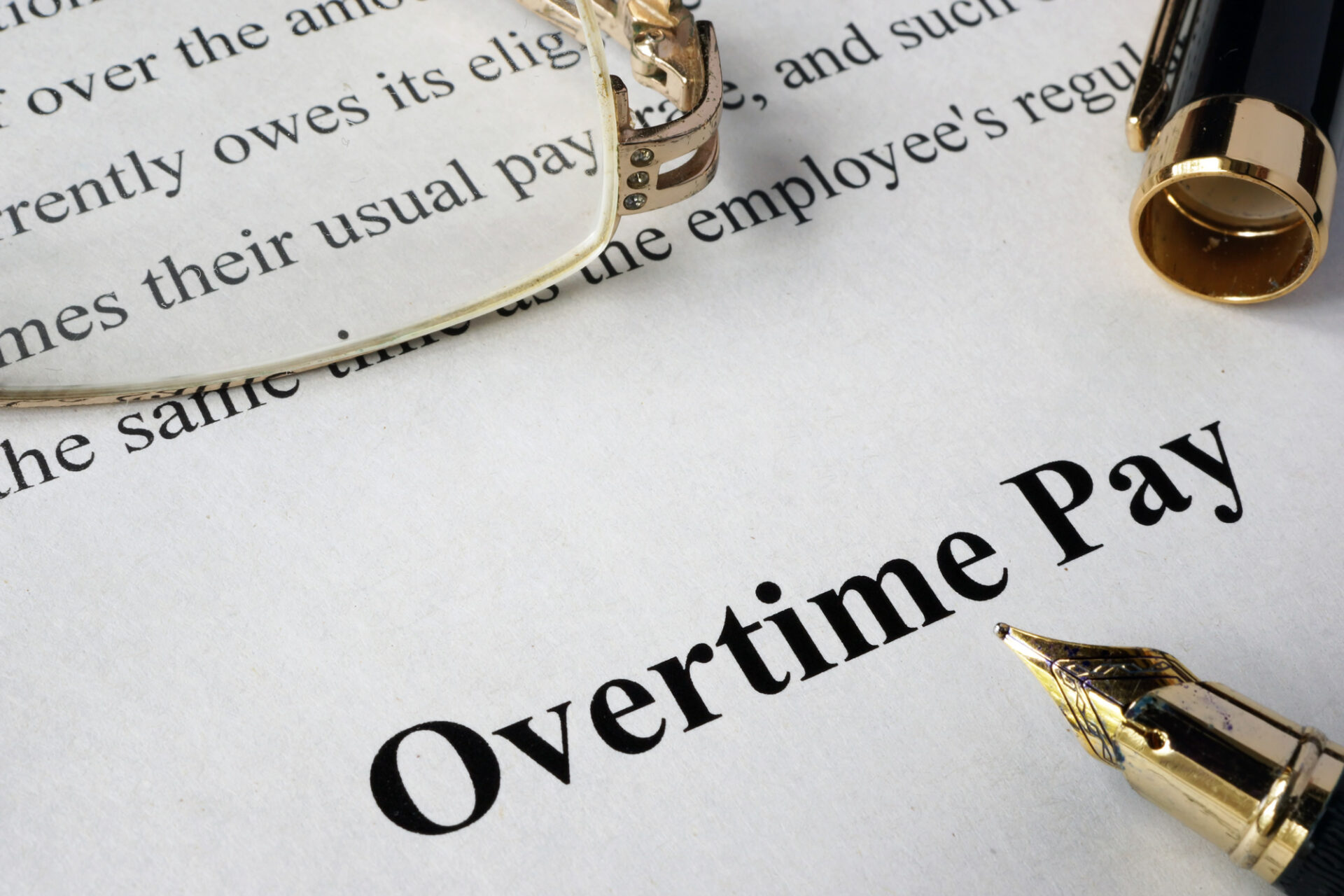In October, the U.S. Supreme Court heard oral argument in a case analyzing whether employers can claim overtime exemption under the Fair Labor Standards Act (“FLSA”) for highly compensated workers who are not paid a weekly or annual salary. In Helix Energy Solutions Group v. Hewitt, the plaintiff was a manager making over $200,000 a year working on an off-shore oil rig. The employer classified the plaintiff as exempt from overtime pay under the FLSA. The plaintiff sued, claiming that he did not qualify for an exemption – and thus, was entitled to overtime pay – because he was paid a daily rate while on the rig, rather than a weekly or annual salary.
By way of background, there is no exemption from the FLSA’s overtime requirement simply because an employee is paid well. Rather, the FLSA, as interpreted by U.S. Department of Labor, sets out various regulatory tests for exemption. Two of the most common – the “white collar exemption” (administrative, executive, and professional) and the “highly compensated exemption” – require the employer to satisfy the “salary basis” test. This means that an employee must receive a certain amount of weekly compensation (currently $684) AND must receive it in a manner consistent with the U.S. Department of Labor’s regulations.
The FLSA defines “salary” as compensation paid “on a weekly, or less frequent basis,” “without regard to the number of days or hours worked.” Helix argued that the guaranteed daily wage qualifies as a salary payment under the FLSA. The justices, however, appeared divided.
Stay tuned to find out where the Court comes down, as this case may have implications for industries where shift or daily pay is common.
The information contained in this blog does not constitute legal advice, nor does this blog create an attorney-client relationship. KSM attorneys do not blog about pending matters handled on behalf of our clients and will never disclose client confidences.





